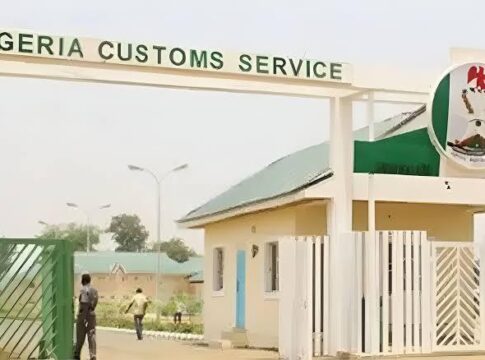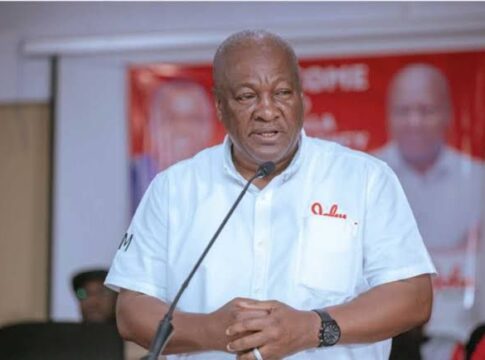The Nigerian government has suspended the implementation of a 4% Free-on-Board (FOB) value charge on imports, aimed at revamping the country’s customs funding framework.
The Nigeria Customs Service (NCS) announced the decision following extensive consultations with the Minister of Finance, Olawale Edun, and other key stakeholders.
This suspension allows for broader engagement with industry players to refine the policy for a more balanced implementation. “This measure ensures that stakeholders’ concerns are addressed, fostering an efficient trade environment,” said Abdullahi Maiwada, Assistant Comptroller of Customs and National Public Relations Officer, in a statement issued Tuesday.
The 4% FOB charge, introduced under Section 18(1)(a) of the Nigeria Customs Service Act 2023, was designed to consolidate funding for customs operations, replacing the previous 1% Comprehensive Import Supervision Scheme (CISS).
The earlier framework, which also included a 7% collection cost, led to inefficiencies in financing critical customs upgrades. The new funding system, once implemented, aims to provide sustainable revenue for modernising customs operations and enhancing trade efficiency.
READ MORE: NDLEA Tightens Grip on Drug Traffickers, Seizes Heroin and Other Illicit Substances Across Nigeria
However, industry groups such as the Manufacturers Association of Nigeria (MAN) have opposed the charge, arguing it would increase production costs and hurt businesses.
The NCSA 2023 empowers the NCS to adopt advanced technologies to streamline customs operations. One major innovation already in use is the B’Odogwu clearance system, which has significantly reduced clearance times and increased transparency.
Other initiatives include the implementation of a single-window platform that centralises digital trade processes, risk management systems that rely on data-driven tools to improve security and reduce delays, and the deployment of non-intrusive inspection technologies to expedite cargo clearance. Additionally, the Act mandates the use of electronic data exchange systems to ensure real-time data sharing between government agencies and traders.
“These advancements position Nigeria as a key player in global trade while curbing smuggling and enhancing revenue collection,” said a senior customs official.
The policy shift coincides with the expiration of contracts with service providers like Webb Fontaine, previously funded through the 1% CISS levy. This has raised questions about the timing and readiness for the transition. During the suspension, the NCS will work on fine-tuning the revenue framework and ensuring its alignment with Nigeria’s economic goals. “We aim to build a system that balances revenue collection with trade facilitation,” Maiwada added.




